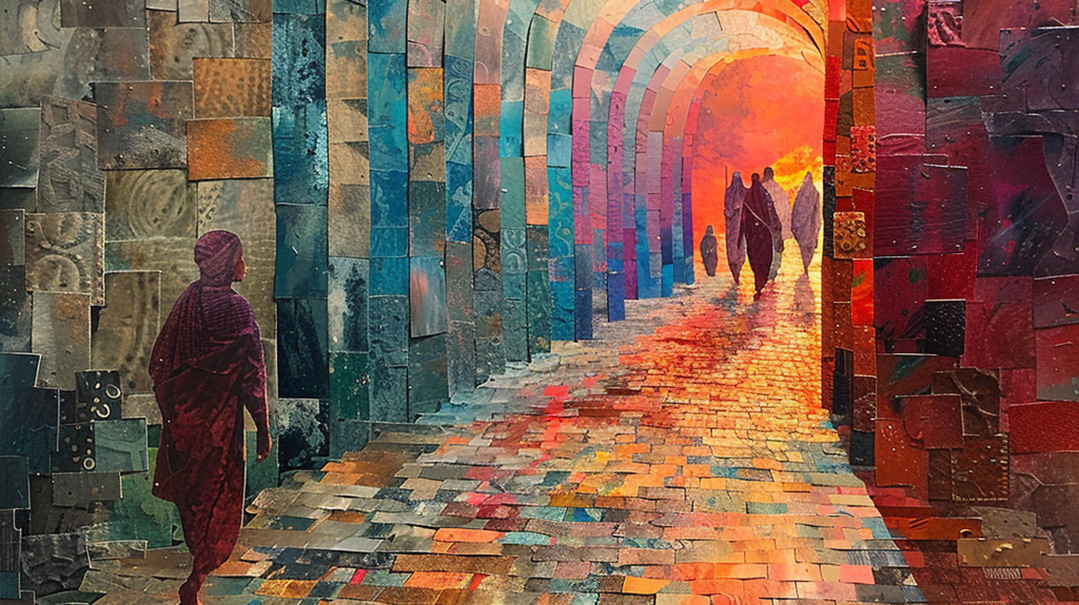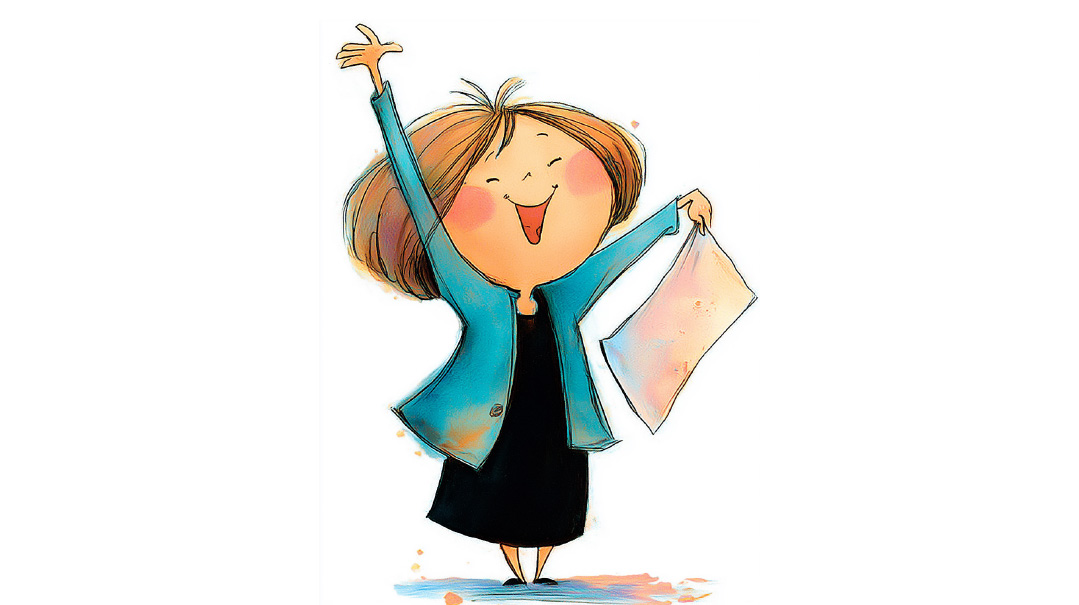Arriving Home

Avy Reid's journey took her from Nigeria to Jerusalem

As told to Rivka Streicher by Avy Reid
Part 1
I was born in Nigeria, from where my father came, and his father before him. We are from the Igbo people, a tribe whose homeland straddles the Niger River. My grandfather was chief of the tribe.
My father was the 21st child (from several wives.) When he came of age, he went to India on a scholarship, to get a bachelor’s degree in business. There he met my mom, who was Anglo-Indian.
In India’s caste system, blacks were the lowest. But my mother wanted to marry my father. He was a man of two worlds; he came from a chief, from a tribe, and he also had a Western education, a degree in business. Her parents, though, were horrified. They spurned my father; they shunned their daughter when she announced that she wanted to tie the knot with him. My mother clung to my father and followed him back to Africa, not quite realizing what she was getting herself into.
She’d put herself in a hard place, and she became a hard woman.
When we kids were born — black — she was shocked and disturbed. She’d been enamored of my father, but the bias ran deep. She called us names, and then she started to hit and lash out.
I was the second child. When I was just six years old, my family moved to Toronto. But the move didn’t do Mom any good, and in time my sister and I took over running our home.
When I was 14, my parents split up and my dad left, leaving seven kids back home.
That’s when I became the mother in the home. I took a job after school, working long hours and handing over the wage as soon as I earned it. I attended PTA for my siblings, and there were many times that I had to mother my own mother.
Finally at 17, I went away for university. I chose a school in Sault Ste. Marie, Northern Ontario, ten hours from Toronto in part because I wanted to get away as far as I could. In university I met Daniel. We connected on a soul level, and the promise of a different life beckoned. But the following year he went away to do his master’s, and I went back home for summer break.
I discovered that my younger siblings were home by themselves while Mom was away, working, and I knew I couldn’t go back to university. Once again, I was needed at home. I stayed for two years. But after having seen a whole new world in Sault Ste. Marie, it was harder to be there. Mom was still emotionally and mentally manipulative, and now I could see it for what it was. At times she went as far to hit me, her 20-year-old daughter. Then I had to sit and listen to the darkness in her heart as she spoke about what drove her to behave like that. It was killing me. I knew it couldn’t work. I found the courage and left her home.
Oops! We could not locate your form.







